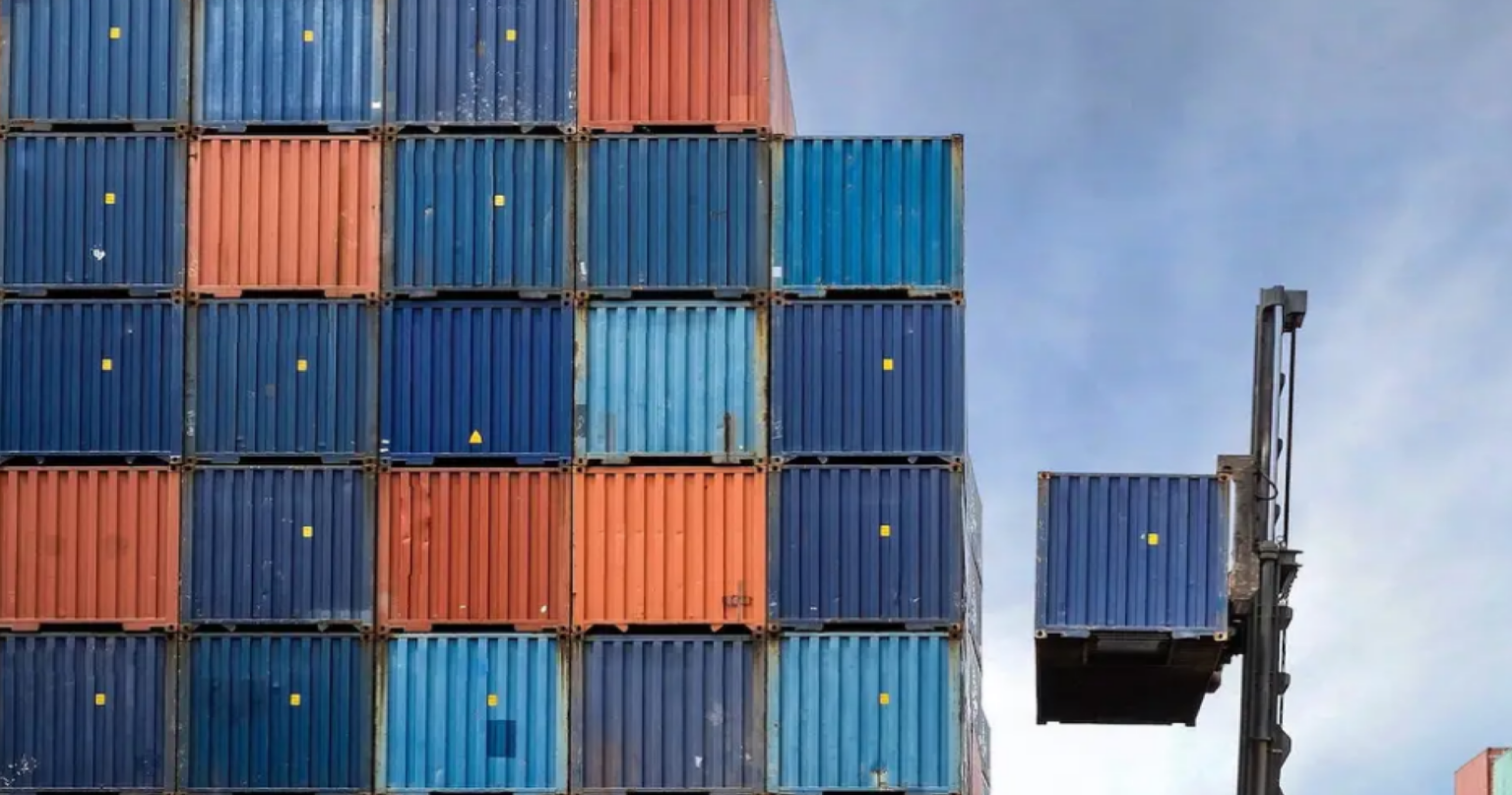Regulatory Risk Mitigation: The Front Line of Food Safety
Violations, warning letters, production shutdowns, and costly recalls aren’t just compliance failures—they’re operational and reputational threats. One of the most important but often underestimated roles a Preventive Controls Qualified Individual (PCQI) can play is safeguarding the facility from these high-impact events through proactive risk mitigation.
A trained and empowered PCQI functions as a facility’s regulatory firewall—identifying vulnerabilities before they escalate, correcting problems early, and ensuring that the food safety plan doesn’t just exist, but actually works. Their job can span documentation, real-time oversight, staff training, and systemic process evaluation—blending food science, operations, and regulatory interpretation into a unified strategy.
1. A PCQI Prevents Violations with Real-Time Oversight
FDA inspections often uncover preventable issues: incomplete monitoring logs, outdated SOPs, misaligned hazard analyses, or evidence that preventive controls aren’t being implemented consistently. The PCQI can help avoid these pitfalls by:
- Routinely auditing records and documentation for accuracy and completeness
- Reviewing and updating the food safety plan based on changes to ingredients, equipment, or processes
- Ensuring team adherence to preventive controls and verification steps
- Verifying that corrective actions are being carried out and not left unresolved
They can also serve as a trained interpreter of regulatory language—someone who knows how to apply the rulebook to real-world operations and spot subtle gaps that less experienced team members might overlook. Their presence helps de-risk inspections by ensuring the food safety program is aligned with current regulations and that the facility is always “audit-ready.”
Pro Tip: Regular internal mock audits led by the PCQI are one of the most effective ways to prepare for FDA visits and uncover issues before regulators do. Involving cross-functional teams in these audits can also build awareness and accountability throughout the organization.
2. Reducing the Risk of Recalls Through Systematic Controls
Allergen mislabeling. Undeclared ingredients. Inadequate kill steps. These are among the most common causes of recalls—and all are preventable with the right controls in place. The PCQI can help ensure that:
- Critical limits (e.g., cook temps, pH, sanitation verification) are validated and continuously monitored
- Labeling systems include checks and redundancies, including pre-print label reviews and in-process verification
- Allergen controls are integrated into SOPs, sanitation protocols, and packaging line procedures
- Supply chain controls include Certificate of Analysis (COA) reviews, supplier audits, and ingredient traceability
When something does go wrong, the PCQI leads the charge in root cause analysis and follow-up. Their ability to respond swiftly and strategically often determines whether a product hold becomes a full-scale recall. They also manage the internal documentation trail required to demonstrate that preventive and corrective measures are in place—and that lessons were learned.
Pro Tip: PCQIs should maintain a corrective action log that includes not just what failed, but why it failed, what was done to fix it, and how effectiveness was verified. This provides evidence of continuous improvement and protects the facility during inspections.
3. A PCQI Avoids Shutdowns Through Proactive Systems Management
The FDA has the authority to suspend facility registration or recommend shutdowns when it believes food may cause serious harm. This typically occurs when a facility lacks control over known hazards—or lacks documentation to prove it has.
PCQIs reduce this risk by:
- Ensuring the facility has written, validated, and fully implemented preventive controls
- Confirming that verification activities (e.g., environmental monitoring, equipment calibration, supplier verification) are being carried out and documented
- Overseeing training programs so staff are not only trained, but demonstrably competent
- Building layered internal checks that flag potential issues before they reach production scale
They also act as the facility’s spokesperson during inspections, providing context, demonstrating corrective action progress, and showing that the facility takes compliance seriously. Their ability to explain the food safety plan in plain language—and back it up with data—can be the difference between a warning and a resolution.
Pro Tip: Keep a PCQI-led “inspection readiness binder” that includes your food safety plan, most recent monitoring logs, verification records, supplier approvals, corrective actions, and training logs. Update it monthly.
The Business Case for Risk Prevention
While a PCQI’s job is often behind the scenes, their impact is seen in what doesn’t happen: no recalls, no shutdowns, no warning letters. That kind of stability isn’t just good for compliance—it builds trust with retailers, regulators, auditors, and consumers alike.
A proactive PCQI strengthens the facility’s relationship with regulators by demonstrating a commitment to transparency and corrective action. They also build trust with customers and brand partners who are looking for suppliers that take food safety seriously.
Companies that empower their PCQIs to lead, train, and challenge the status quo don’t just reduce risk—they elevate their reputation. Over time, this translates to fewer disruptions, faster market approvals, and stronger competitive positioning.
Registrar Corp provides PCQI training and regulatory support to help food manufacturers proactively prevent violations, strengthen internal controls, and prepare for FDA inspections with confidence.








